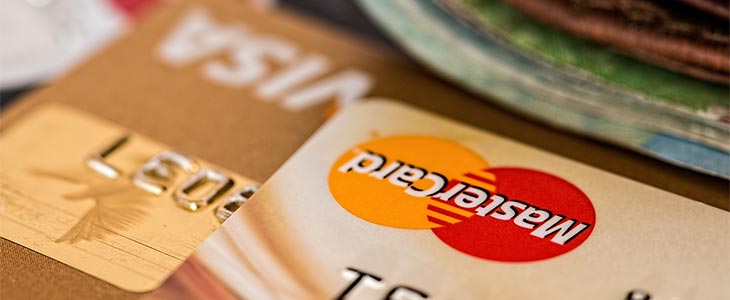Whether an owner or renter, if you have a room in your house or apartment that you can sublet, you could significantly reduce your monthly rental or mortgage payments. A sublease is when a tenant wants to give a third party (known as the subtenant) rights to rent all or part of their rental property…
If you are looking to make big-ticket purchases like a new car or equipment for your business, be strategic about when you buy. Waiting until EOFY sales can often result in significant savings on purchases. Implementation and cost Decide whether the purchase needs to be immediate. If the purchase can wait, hold off until…
Underpayment can significantly impact your personal finance over your career. For example, if you are underpaid by just $50 per week for 50 years, you lose out on $130,000. Assuming you placed that $50 in a savings account earning an average of 5% compounded monthly, you’re looking at $578,814. That is over half a million…
An emergency fund is integral to achieving our financial goals and staying out of debt. However, because we think of an emergency fund as a lifeline and not a savings tool, we often fail to consider using the money to make money. Our emergency funds often contain a considerable amount of money that should be…
Arguably, a Will is the most important financial asset for yourself and your family. It’s worth more than your house, your car, and your investment portfolio. A will can protect your family members put you in the driver’s seat to determine what happens to your money after you pass. What a Will lets you do:…
When you cannot pay your debts having explored every alternative solution, you may consider filing for voluntary bankruptcy. Bankruptcy is a legal process that can remove accountability from your debts, allowing you to make a fresh start, but doesn’t come without consequence. Speak with a free financial counsellor by contacting the National Debt Helpline on 1800…
What are your financial goals? You may hope to get out of debit, retire early, or have a million in your super by the age of 65. Whatever your goals, the first step to achieving them is to write them down. Writing out your financial goals, setting a timeline and steps to achieve those goals…
Super is an Australian government-regulated savings plan for retirement. Your Australian employer must pay a percentage of your earnings into your super account, and your super fund invests the money until you retire. How much you retire with can be significantly affected by the fees your super fund charges. It is therefore important to shop…
We need credit cards to function in society. They are crucial to building credit ratings with banks and have useful tracking features for budgeting. However, using credits cards to spend money that we don’t actually have can have dire consequences for our personal finance by; Reducing our wealth by increasing our variable expenses through interest…
Reducing debt is easy in theory but exceedingly difficult in practice. We all need to borrow money at some point in our lives, whether it be to buy a house or start a business. Whilst debt leveraging can be a useful wealth-building tool, in most cases reducing or removing all debt will result in a…
"You’d be stupid not to try to cut your tax bill and those that don’t are stupid in business"
- Bono: U2













